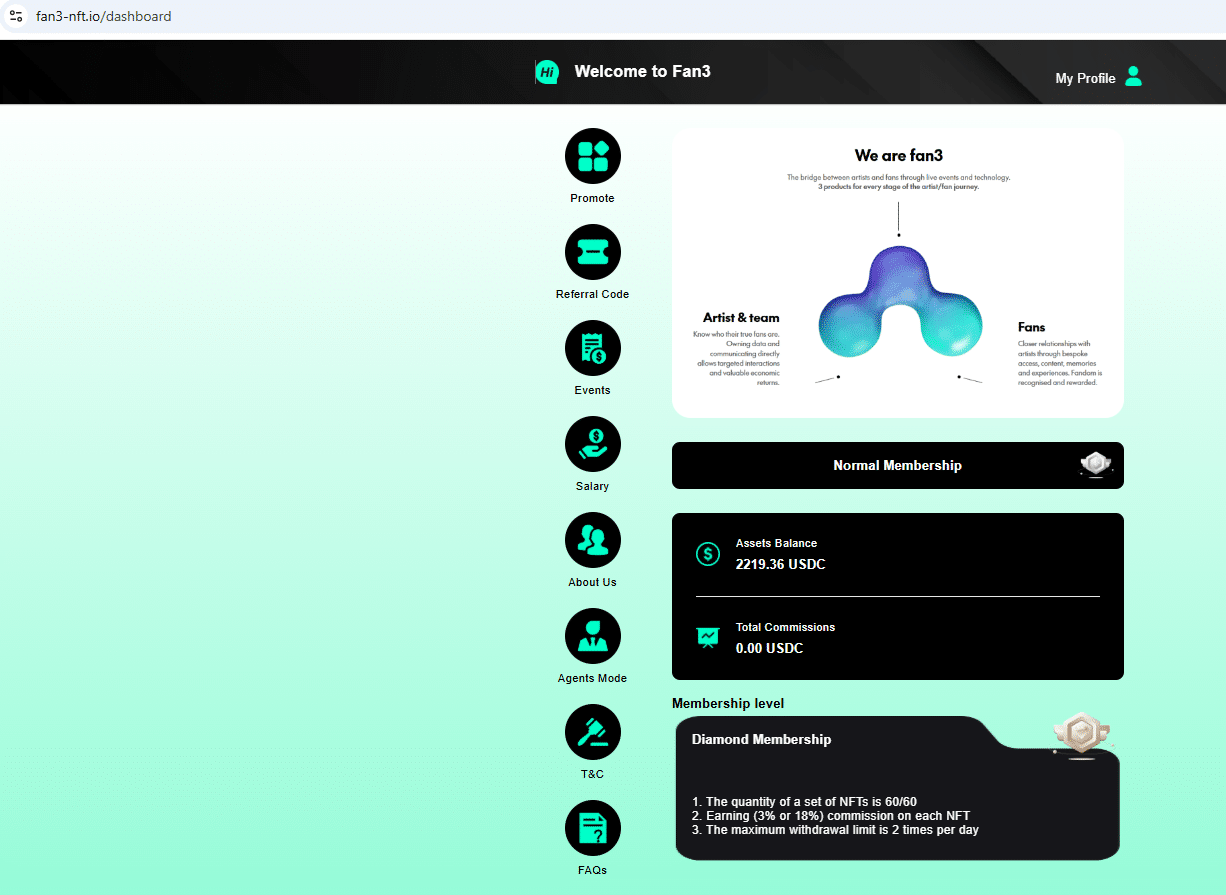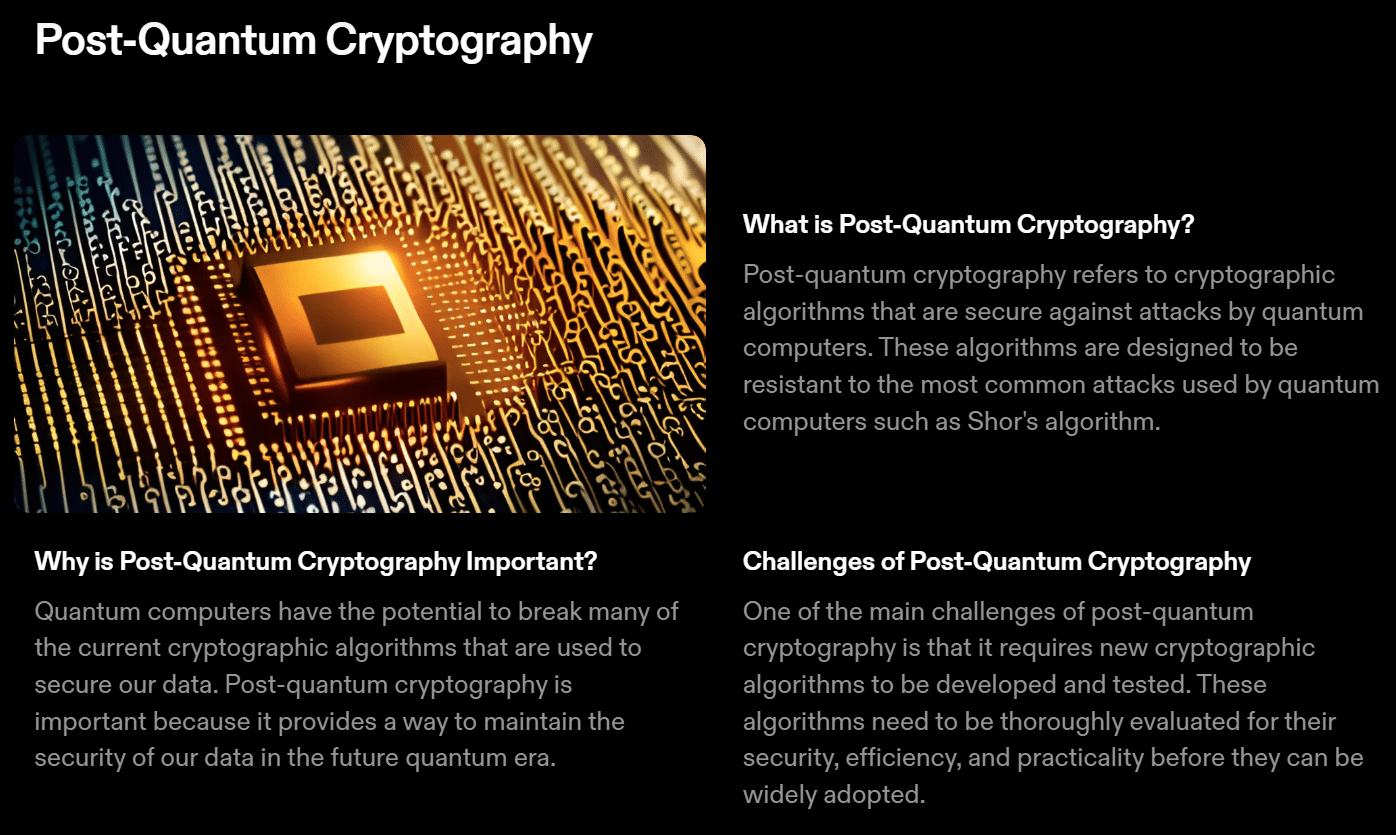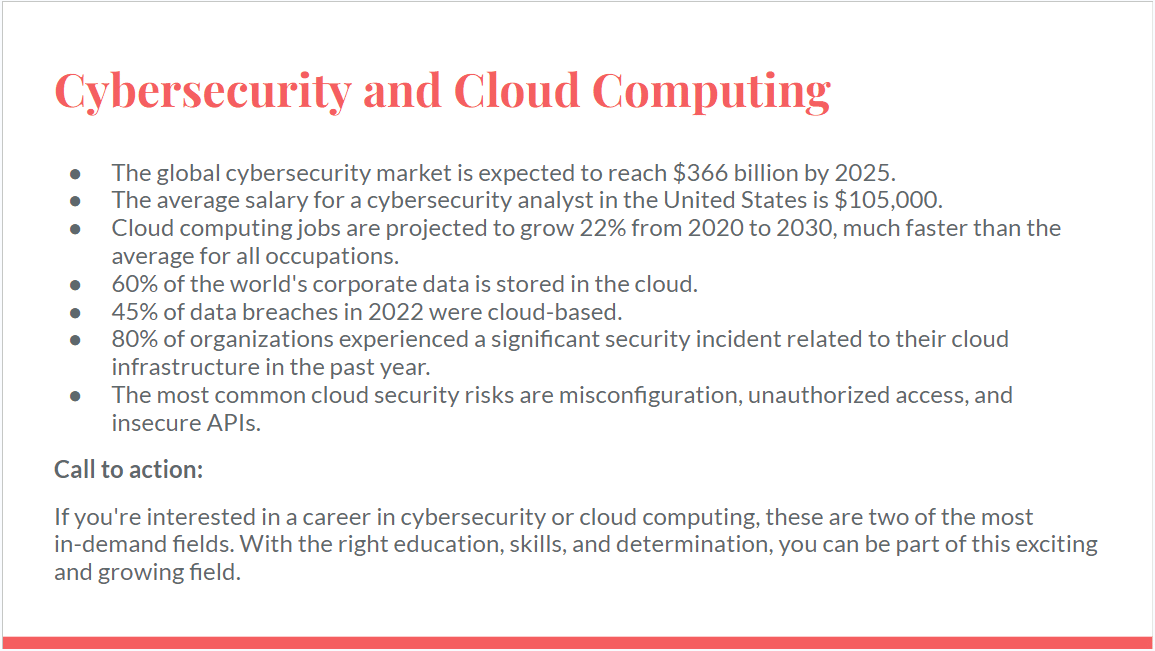fan3-nft.io scam
The world of blockchain, cryptocurrency, and NFTs promises financial innovation, but it also harbors scams that prey on people’s curiosity and trust. I recently fell into such a trap, and I’m sharing my story to help others avoid similar pitfalls.

The Setup: A “Side Hustle” Opportunity
It began with a seemingly genuine LinkedIn message. A person approached me with an intriguing offer: promote NFTs and earn 1% of their value as commission. NFTs were booming, and the idea sounded plausible. So, I engaged further.
The individual explained the process over WhatsApp. To participate, I needed to create an account on their platform using their referral code. This sounded standard, but what followed was anything but.
How the Trap Was Set
- Practice Account Trickery:
They suggested I practice on a separate account created using my referral code. To make it convincing, they funded this account themselves. - Initial Deposit:
To start promoting NFTs, I needed to deposit my own funds. The reasoning? Web3 operations might require transaction fees or locked funds during buy-sell activities. The promise: tasks would always involve NFTs valued less than my account balance, except for rare “urgent” cases where I’d earn 6% commission instead of 1%. - Red Flags Ignored:
- Complete absence of a Know Your Customer (KYC) process during account creation.
- The “promotion” task involved no real blockchain activity—no gas fees, no transaction records. It resembled a mockup rather than actual blockchain operations.
- The process for topping up the account was dubious: customer support would provide a wallet address, and funds had to be manually transferred.
The Moment of Realization
During one of these “urgent” tasks, my account balance turned negative. I was told this was normal, and I needed to top it up. My contact offered to fund the balance and provided a screenshot as proof of deposit. However, when I checked the wallet address on Etherscan, no such transaction existed. The wallet had no funds, exposing the scam.
When confronted, the individual became defensive, blaming me for misunderstanding the process and asserting everything was legitimate. It was clear by now that this was a well-coordinated fraud.
Lessons Learned: Recognizing Red Flags Looking back, the warning signs were evident:
- Too Good to Be True: High commissions for minimal effort.
- Opaque Processes: Lack of transparency in fund transfers and customer support actions.
- Fake Blockchain Activity: No transactions recorded on the blockchain.




